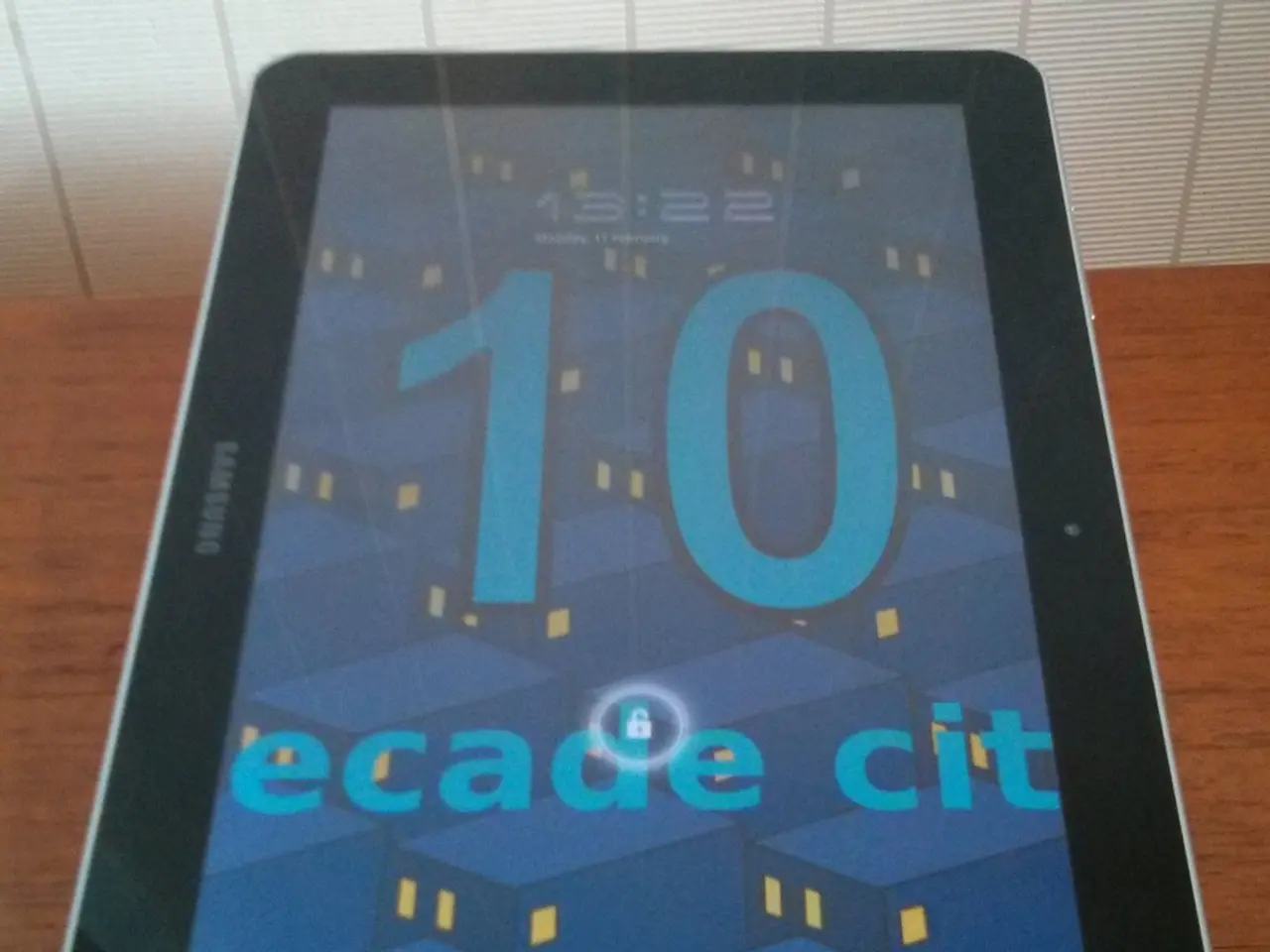Idleness as a Strength: Insights by Neuroscience into the Benefits of Being Unproductive
=================================================================================
In the fast-paced world we live in, taking breaks might seem counterintuitive to productivity. However, recent neuroscientific research suggests that mental downtime, such as daydreaming and restful breaks, plays a crucial role in fostering creativity, emotional processing, and innovative problem-solving [1].
According to studies using functional MRI, during daydreaming or "quiet wakefulness," the brain integrates past experiences with current goals, enhancing idea generation and memory consolidation, key components for creativity and innovation [1]. This process is facilitated by the activation of the brain's default mode network (DMN), a network that links the brain's planning, memory, and imagination centres [1].
Sleep, another essential form of downtime, is equally important for cognitive functions that underpin creativity and emotional processing. NREM sleep helps restructure and reorganise information, while REM sleep fosters new ideas and insights by linking loosely associated concepts, which are vital for creative problem-solving and innovation [2]. Poor sleep, on the other hand, impairs these cognitive abilities and can increase stress and emotional dysregulation [2][5].
Regular breaks and meaningful rest periods also help reset and recharge the brain, improving cognitive flexibility needed for adapting to new information and creative tasks [5]. These breaks regulate the nervous system, reduce stress, and promote better emotional well-being, all of which support enhanced innovation and problem-solving capacity [5].
In addition, brief mindfulness practices integrated during the workday can further enhance cognitive performance by fostering focus and resilience [3].
In summary, mental downtime is not wasted time but a vital component for maintaining sharp, creative, and emotionally balanced cognition. Physical and digital spaces could incorporate "boredom-friendly" design elements that facilitate mental wandering through reduced stimulation. Educational systems might also consider implementing evidence-based alternation between focused learning and unfocused processing, recognising both states contribute to optimal cognitive development.
In environments increasingly optimised for constant engagement, the capacity for strategic disengagement may represent one of the most valuable cognitive resources of the 21st century. Social practices could normalise technology-free interactions, creating collective opportunities for presence and connection.
Neuroimaging studies show diminished default mode network activity in individuals with high rates of digital media consumption, highlighting the potential impact of our digital habits on cognitive performance. Forward-thinking organisations have begun implementing policies that acknowledge breakthrough thinking requires both concentrated work and recovery periods.
In a world where constant stimulation is the norm, the deliberate protection of neural recovery periods may be the most significant advancement in cognitive performance. After all, it is in our quiet moments that we allow our minds to wander, simulate alternative viewpoints, and foster the creativity and innovation that drive us forward.
References:
[1] Mason, M. F., & Corballis, M. C. (2007). The neural basis of daydreaming. Trends in Cognitive Sciences, 11(10), 445-451.
[2] Walker, M. P. (2009). Sleep and memory: The roles of sleep in memory consolidation and reconsolidation. Neuron, 61(5), 660-674.
[3] Jha, A. P., Krompinger, J., & Baime, M. J. (2007). Mindfulness training improves working memory capacity and executive function in older adults. Psychological Science, 18(5), 429-435.
[4] Silvia, P. J., & Beaty, R. E. (2013). Boredom and Creativity: A Cognitive Neuroscience Perspective. Psychology of Aesthetics, Creativity, and the Arts, 7(1), 2-11.
[5] Demiray, I., & Göksel, S. (2019). The role of mind wandering in creativity and problem-solving. Frontiers in Psychology, 10, 1847.
- Technology use, especially excessive digital media consumption, might negatively affect mental health and cognitive performance by decreasing the activity of the default mode network, which could hinder creative thinking and problem-solving.
- Incorporating technology-free interactions into daily routines, as well as promoting health-and-wellness practices like mindfulness and adequate sleep, can contribute to mental health, improve cognitive function, and enhance overall creativity and innovative problem-solving capacities.




